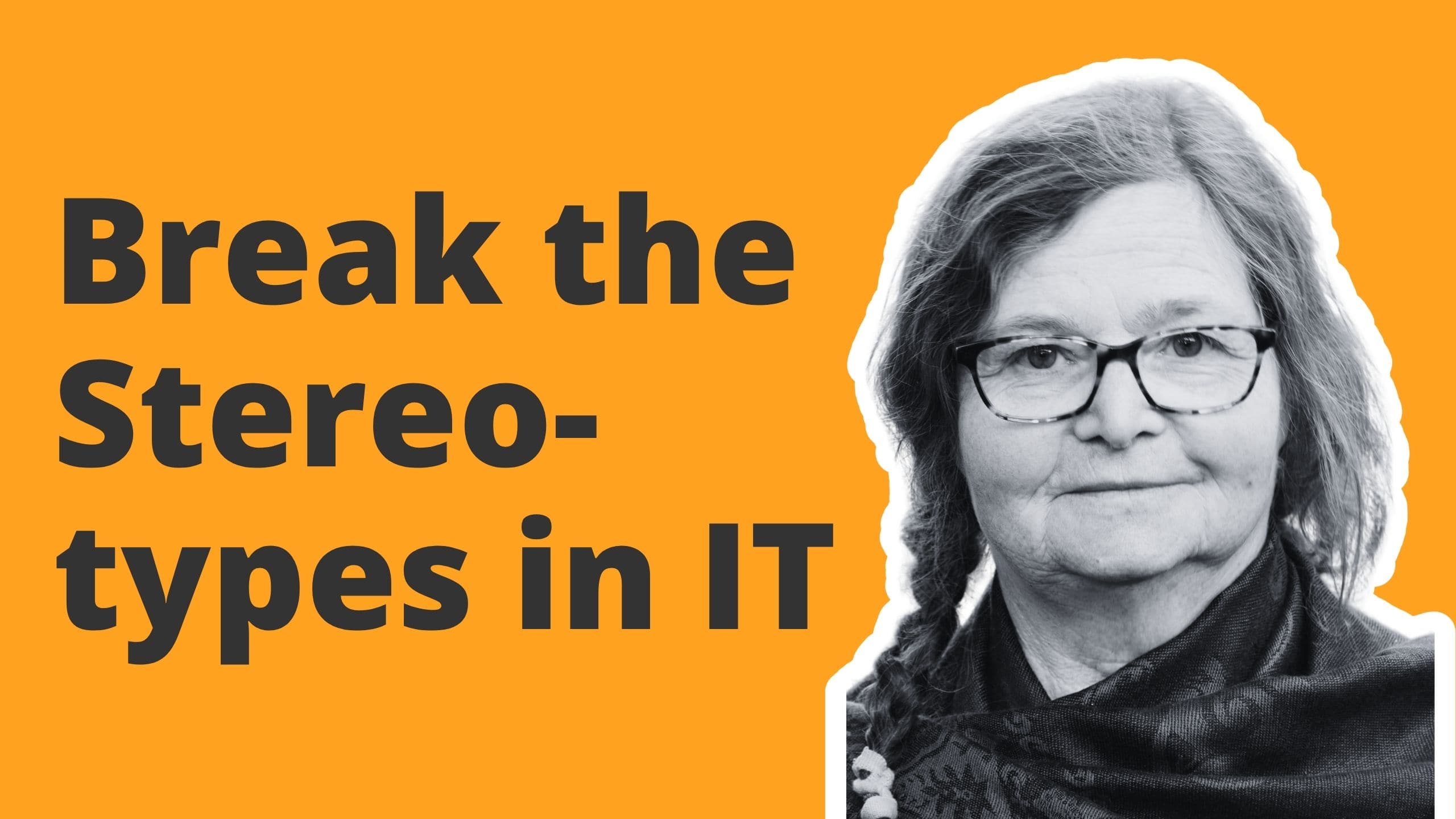Still Coding or Just Prompting?
The landscape of software engineering is evolving, emphasizing the interplay between technology and the human element. Predictions about the future...

AI agents will have a transformative role in software development and quality assurance. Its necessity to adapt traditional testing methodologies to integrate AI, highlighting concerns about reliability and effectiveness. With AI's influence expanding, practical frameworks for incorporating these agents into business processes while maintaining oversight and accountability should be established. Key points include the importance of clear communication with AI systems, strategies for assessing their outputs, and the necessity of active human involvement in monitoring AI-generated results.
In this episode, I speak with Szilárd Széll about the transformative role of AI in software testing and business processes. Szilárd, a notable figure in the testing community, shares valuable insights on the challenges and opportunities that come with integrating AI agents into our workflows. We explore the pressing questions surrounding trust in AI, how it can enhance business agility, and the necessity for testers to adapt their strategies in this evolving landscape. With the rise of AI, we need to rethink our approaches to quality assurance, balancing innovation with caution. As Szilárd suggests, engaging closely with AI can amplify our capabilities and drive progress.
"AI is our new workforce. We need to have a hiring process for AI." - Szilárd Széll
Szilárd Széll is a DevOps Transformation Lead, Test Coach, and SAFe 6.0 SPC at Eficode. He has years of experience with DevOps transformation, especially in the telco industry. He has also worked as an assessor, trainer, facilitator, and coach in test automation and testing process improvement.
Szilard is very involved in the testing community that brought him the Tester of the Year in Finland AWARD 2024 by Tieturi. He runs the Finnish Testing Meetup Group with friends, is active in International Software Testing Qualifications Board (ISTQB) working groups, and is a member of the Hungarian Software Testing Board (HTB). For many years, Szilard has been working on and supporting conferences like HUSTEF, UCAAT, EuroSTAR as PC member or reviewer.
In his personal life, he enjoys kayaking on the sea, playing with LEGO, and being tested by his teenage daughter :-)
AI Agents are set to change the game in software testing, making processes more efficient, accurate, and scalable. These smart agents can use advanced technologies like artificial intelligence to make testing phases smoother. With AI Agents, businesses can expect:
As more organizations start using AI in their testing practices, we can look forward to an exciting future where AI Agents are seamlessly integrated into software development pipelines. The combination of human expertise and AI abilities will take software testing to new heights of innovation and effectiveness.
Key takeaway: AI Agents have the potential to transform traditional testing methods, bringing unmatched benefits in speed, accuracy, and flexibility.
AI Agents in software testing are systems that can operate independently or with some human guidance to perform tasks that human testers usually do. These agents interact with the software they are testing, examine inputs, run tests, and produce results based on their programming and ability to learn. Unlike simple automation tools, AI Agents go a step further by imitating human decision-making processes and adapting to different situations and changing requirements.
There are various types of AI Agents, each serving a specific purpose within the testing process:
Understanding these different types of AI Agents helps us see how we can effectively integrate AI into software testing workflows. By tailoring our approaches based on project needs and complexity levels, we can make the most out of AI technology in our testing processes.
AI Agents are changing the way testing is done. They make processes faster and more accurate. Here are some of the main benefits:
These benefits lead to higher efficiency and quality assurance in software development pipelines. However, implementing AI Agents also comes with its own set of challenges:
Finding a balance between these benefits and challenges is important for organizations that want to use AI in their software testing efforts. While AI can create, research and answer complicated questions in a matter of seconds, human oversight remains vital to ensure the power of automation complements rather than replaces human judgment.
Trustworthiness in AI testing is crucial for successfully integrating AI agents into software quality assurance. Since AI outputs can be unpredictable, we need a strict framework to ensure reliability and integrity. People won't automatically trust AI; it has to prove itself with consistent and verifiable performance.
Szilárd Széll emphasizes the importance of treating AI agents like part of the workforce, constantly evaluating them just like human colleagues. To establish trust, we need to:
Since AI output can be random, we need to come up with innovative solutions like using multiple AI systems to verify results or applying semantic comparisons against predefined success criteria. Understanding that no AI system is perfect is essential for building a trust model based on continuous feedback, adjustment, and governance.
By creating trustworthy AI agents, we can achieve reliable automation that improves rather than replaces human judgment in software testing.
In the world of AI systems, specialized testing methods are essential to ensure strength and dependability. Here are some important strategies to think about:
This method involves intentionally trying to break the AI system by feeding it harmful inputs. By testing the system's ability to withstand malicious or unexpected inputs, organizations can find weaknesses and improve the system's defenses.
This strategy focuses on understanding how AI models make decisions. By confirming that AI outputs can be explained, testers can ensure transparency and interpretability, which are crucial for building trust in AI systems.
When it comes to validating outputs from AI models used in software testing, certain techniques play a critical role in ensuring accuracy and effectiveness:
Implementing thorough evaluation methods to assess the performance of AI models in generating outputs is essential. Metrics such as precision, recall, and F1 score can help quantify the model's effectiveness in producing reliable results. For a more comprehensive understanding of AI evaluation, including safety standards and ethical aspects, check out Richard Seidl's insightful blog.
Using techniques like k-fold cross-validation can help validate the generalization capability of AI models by assessing their performance across different subsets of data. This method aids in detecting overfitting and underfitting issues that may impact the model's reliability.
By using these testing strategies and validation techniques, organizations can improve the quality and trustworthiness of AI systems within their software testing processes.
In the rapidly evolving landscape of software testing, the adoption of AI Agents is paving the way for significant advancements and transformations. Let's explore the key aspects shaping the future of software testing with AI Agents:
Shift-left testing: With AI Agents, testing processes are shifting left in the development lifecycle, enabling early detection and resolution of defects. This proactive approach enhances product quality and reduces time-to-market.
Autonomous testing: AI-powered autonomous testing tools are gaining prominence, allowing for automated test case generation, execution, and result analysis. This autonomy streamlines testing operations and boosts efficiency.
While humans still play a crucial role in overseeing and guiding AI Agents in the testing process, their expertise is essential for setting parameters, interpreting results, and ensuring that AI aligns with business goals. This human-centric approach ensures that the benefits of AI are maximized while maintaining a critical oversight.
On the other hand, machines represented by AI Agents contribute by executing repetitive tasks at scale, identifying patterns in data for predictive analysis, and accelerating decision-making processes. This collaboration between humans and machines optimizes software quality assurance efforts and drives innovation in testing methodologies.
As we look towards the future, it's clear that AI's role in software development will continue to expand beyond just testing. With advancements like copilot features in programming languages, we may soon see a shift where human-centered programming becomes superfluous.
The rise of AI Agents marks a transformative shift in software testing and quality assurance, reshaping how organizations approach their development pipelines. Embracing the collaboration between humans and AIs unlocks new possibilities for future technology trends, where human insight complements AI’s speed and analytical power. Testers equipped with AI sidekicks can focus on strategic oversight while letting agents handle repetitive or complex tasks at scale.
Key reflections to consider:
The future belongs to teams that leverage this synergy, blending the creativity and intuition of humans with the efficiency and scalability of AI Agents. Such collaboration will not only enhance software quality but also accelerate innovation across industries.
AI Agents are intelligent systems designed to perform tasks autonomously or with minimal human intervention in software testing. They play a significant role in revolutionizing testing processes by enhancing efficiency, accuracy, and scalability, thereby shaping the future of software testing.
In software testing, common types of AI Agents include rule-based agents that follow predefined rules, machine learning agents that learn from data patterns, and hybrid agents combining both approaches to optimize testing outcomes.
AI Agents offer numerous advantages such as faster test execution, improved defect detection, enhanced test coverage, and the ability to handle complex testing scenarios more effectively than traditional methods.
Organizations may encounter challenges like ensuring high-quality data for training AI models, addressing the need for skilled personnel to manage AI systems, and overcoming integration complexities within existing testing frameworks.
Trustworthiness can be ensured by implementing rigorous validation methods, maintaining transparency through explainability techniques, continuously monitoring AI performance, and adhering to quality standards to guarantee reliable test results from AI Agents.
While AI Agents automate many aspects of software testing, humans remain essential for overseeing complex decision-making, interpreting AI outputs, managing exceptions, and fostering collaboration between human expertise and machine intelligence to ensure overall software quality.

The landscape of software engineering is evolving, emphasizing the interplay between technology and the human element. Predictions about the future...

There a typical stereotypes surrounding testers in the tech industry. It challenges the notion that testers are predominantly introverted and...

Modern product teams face distance, speed, and constant change. The focus here is on simple habits that keep trust and flow. Clear calendars make...